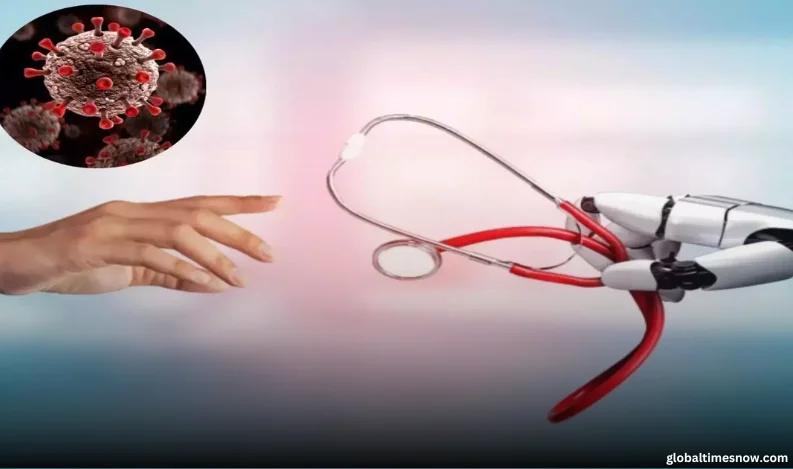In a breakthrough that has left scientists in disbelief, an artificial intelligence tool has solved a complex mystery surrounding antibiotic-resistant superbugs in just two days—a problem that researchers have spent over a decade trying to crack.
Professor Jose Penades and his team at Imperial College London have been investigating how superbugs develop resistance to antibiotics and spread between different bacterial species. Their research had led them to a unique theory: that superbugs might transfer between species by forming a tail-like structure made up of multiple viruses.
Curious to test the capabilities of Google's AI tool, Co-Scientist, the team decided to feed it the problem without sharing any of their unpublished findings. What followed left them shocked.
- The AI confirmed their hypothesis within 48 hours, a feat that took researchers years of work.
- It went even further, proposing four additional theories, one of which was entirely new and had never been considered before.
Scientists Caught Off Guard
The discovery was so unexpected that Professor Penades initially thought there had been a security breach. “I was out shopping when I saw the results. I had to take time alone to process what had happened,” he said. Unsure if the AI had somehow accessed confidential research, he even contacted Google for clarification. The tech giant confirmed that Co-Scientist had no external access to his data, proving that the AI had reached the conclusion independently.
The Future of AI in Medical Research
This breakthrough has sparked fresh discussions on the role of AI in scientific research. Traditionally, understanding complex biological problems requires years of laboratory experiments and collaboration. However, AI’s ability to analyze data and identify patterns at lightning speed could dramatically accelerate medical advancements.
With new leads generated by AI, Penades and his team are now expanding their research to explore the additional hypotheses. If confirmed, these findings could transform how scientists combat antibiotic resistance, a growing global health crisis.
The success of Co-Scientist raises a critical question: Could AI be the key to solving some of the world’s most pressing medical challenges?























